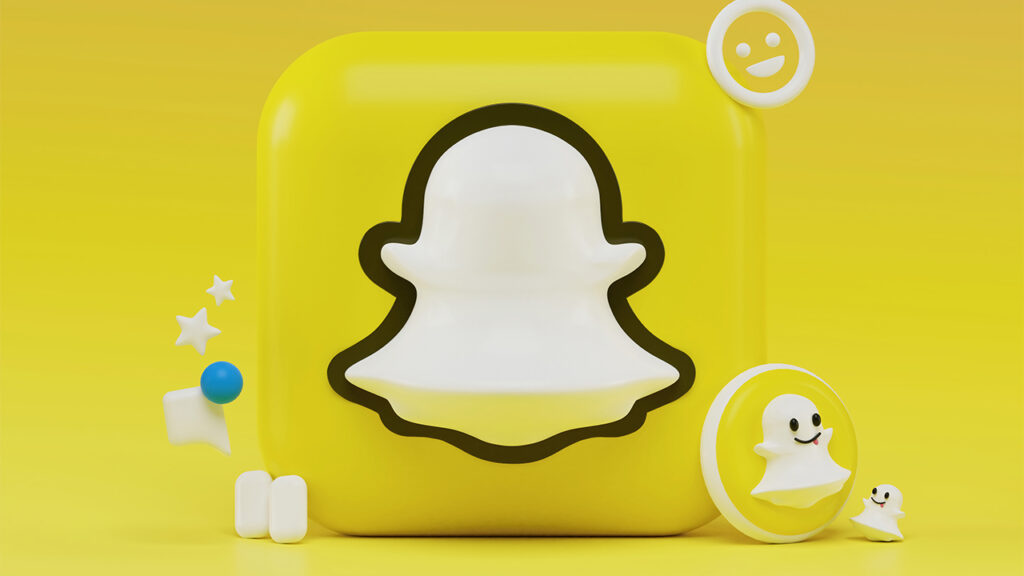By Familyguide Contributor
Yolo, a third-party application, faces potential legal action for failing to protect its users from cyberbullying.
The app, which integrated with Snapchat to enable anonymous messaging, "made commitments to identify and suspend users engaging in bullying or harassment but allegedly did not follow through," according to Justia's report.
The Verge states, "In a decision released Thursday, the Ninth Circuit Court of Appeals ruled that Section 230 of the Communications Decency Act should not prevent a claim that Yolo misrepresented its terms of service, overturning a lower court's ruling. However, it maintained that the app cannot be held responsible for alleged design flaws that facilitated harassment, upholding a different aspect of the earlier decision."
Previously, the app faced legal action and was removed from app stores following the suicide of Carson Bride, a 16-year-old who experienced bullying on the platform.
Jeff Kosseff, a law professor, commented on the case at the time, saying, "This is an incredibly tragic and distressing case, and judges reviewing these cases are not entirely impartial to that. Regardless of the existing case law, they will undoubtedly be influenced by the severe allegations in this complaint."
The Verge reported, "Bride's family and other affected parents argued that Yolo breached a legally binding promise to its users. They referenced a notification where Yolo stated that individuals would be banned for inappropriate use and their identities revealed if they sent 'harassing messages' to others."
The plaintiff argued, "With a team of no more than ten individuals, it was impossible for Yolo to monitor the activity of ten million daily active users to fulfill its promise, and in reality, it never did."
Judge Eugene Siler, Jr. wrote, "Yolo consistently informed users that it would reveal identities and ban those who violated the terms of service. Yet it never did so, and may have never intended to. While online content is involved in these facts, and content moderation is one potential solution for Yolo to fulfill its promise, the fundamental obligation... is the promise itself."
Cyberbullying is one of many challenges children face when using social media. Familyguide previously reported:
NYU social psychologist Jonathan Haidt believes the negative impact of social media on children's mental health is undeniable; he is now advocating for holding companies accountable for the harm they have caused.
"We've never encountered anything like this before," Haidt told PEOPLE. "There's substantial evidence of harm. It occurred simultaneously in numerous countries, at a specific moment: when teenagers switched from flip phones to smartphones. It's as if you had a crime, and all witnesses point to the same suspect. There's no alternative explanation."
Haidt asserts that rates of anxiety and depression among youth worldwide surged around 2012, five years after the iPhone's introduction and two years following Instagram's launch. He believes the connection between these events is not coincidental, and policymakers have allowed social media companies to evade responsibility for something unacceptable.
"Suppose a toy was suddenly introduced that caused children to sleep less, exercise less, and spend less time with other children. It would make them extremely self-conscious, lower their self-esteem, and lead to depression and anxiety. That would be terrible, right?" he said. "We've witnessed the loss of the play-based childhood, which children have always enjoyed, in favor of a phone-based childhood."
You may also like
-
Actress’ Baby Only Wanted THIS?! God SHOCKED Her With The Truth!
-
Discord: Is Your Child's Soul at RISK? (The TRUTH Parents MUST Know!)
-
Candace Cameron Bure's Kids Asked Her *This* Question About Faith?!
-
Hollywood Star's Secret Weapon for Sharing Faith Fearlessly!
-
PBS Kids Just Did WHAT?! The Future of Family Gaming is Here!

